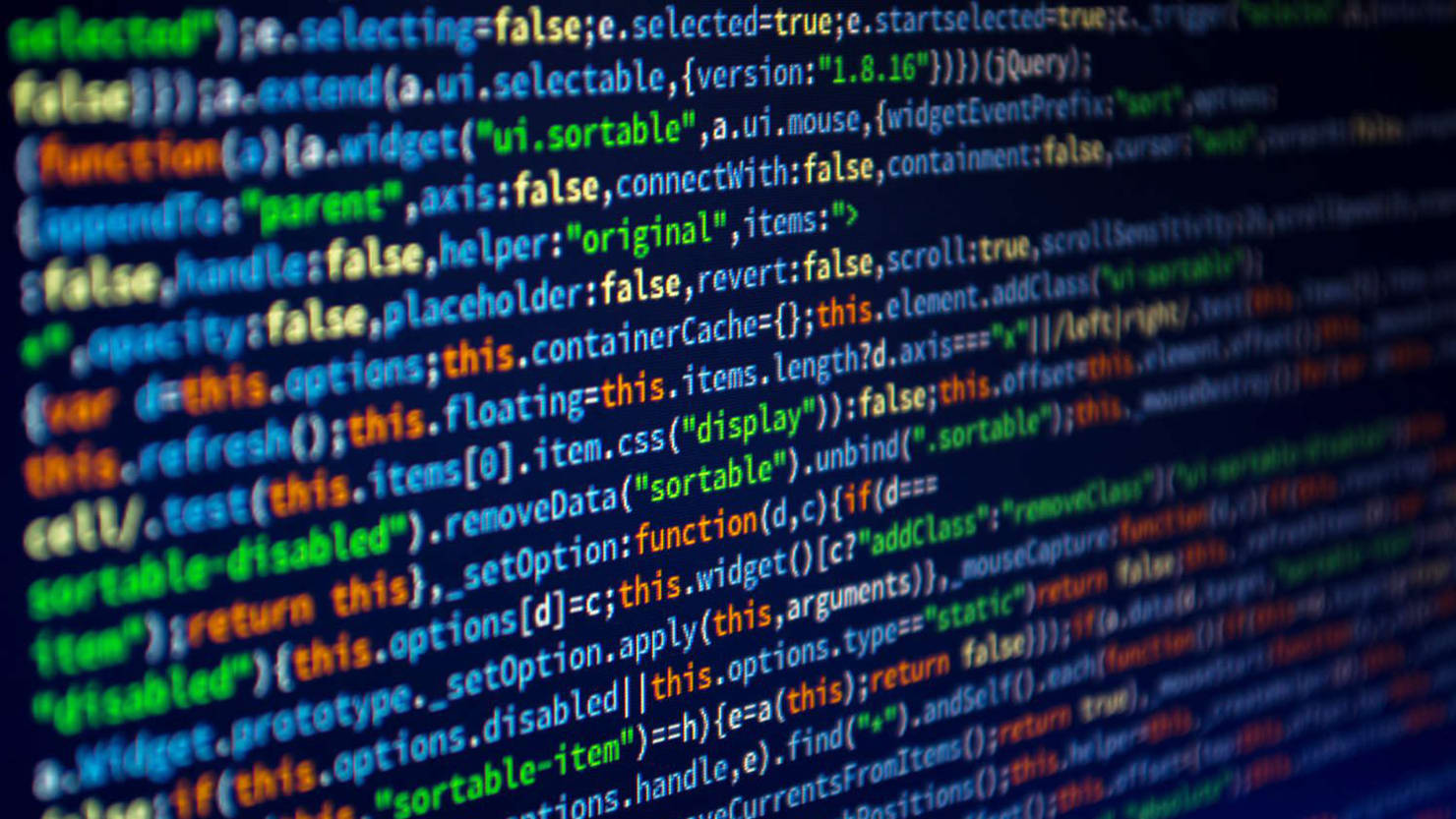Best Schedule for Learning Programming Languages
Consistent practice and effort are required when learning a programming language. Here is an example timetable for learning a programming language effectively:
Make a goal: Determine your ultimate aim for studying the programming language, whether it is to develop a project or to master a certain skill.
Select a learning resource: Choose a high-quality learning material that suits your learning style and experience level, such as a book, online course, or video lesson.
Plan your study time as follows: Set aside a specific amount of time each day or week to study the programming language. Because consistency is essential, strive to keep to the timetable as much as possible.
Break the learning process down: Divide the learning process into tiny, digestible portions. Concentrate on one subject at a time and ensure that you grasp it before moving on to the next.
Practise coding: Put what you've learnt into practise by doing coding activities and creating little projects. Practise on a regular basis to develop your talents.
Seek assistance: If you are stuck, don't be hesitant to ask for assistance. Join online communities or forums to interact with other students and seek assistance.
Review and revise: Review your progress on a regular basis and revise any topics or concepts that are tough for you. This will help you reinforce your comprehension of the language and keep you on pace to meet your objectives.
Break the learning process down: Divide the learning process into tiny, digestible portions. Concentrate on one subject at a time and ensure that you grasp it before moving on to the next.
Practise coding: Put what you've learnt into practise by doing coding activities and creating little projects. Practise on a regular basis to develop your talents.
Seek assistance: If you are stuck, don't be hesitant to ask for assistance. Join online communities or forums to interact with other students and seek assistance.
Review and revise: Review your progress on a regular basis and revise any topics or concepts that are tough for you. This will help you reinforce your comprehension of the language and keep you on pace to meet your objectives.
Choose a language that is related to your professional objectives or the sort of programming you wish to accomplish.
Begin with the fundamentals and lay a solid foundation before on to more complex topics.
Concentrate on comprehending the principles underlying the code rather than merely memorising syntax.
Do not hurry the learning process. Take your time to ensure you fully comprehend each topic.
Experiment with the code and alternative methods to issue solving.
Learn from others and share your code by using internet tools such as StackOverflow, GitHub, and CodePen.
Debugging is a technique for identifying and correcting flaws in your code.
Set attainable objectives and celebrate your accomplishments along the way.

Comments
Post a Comment